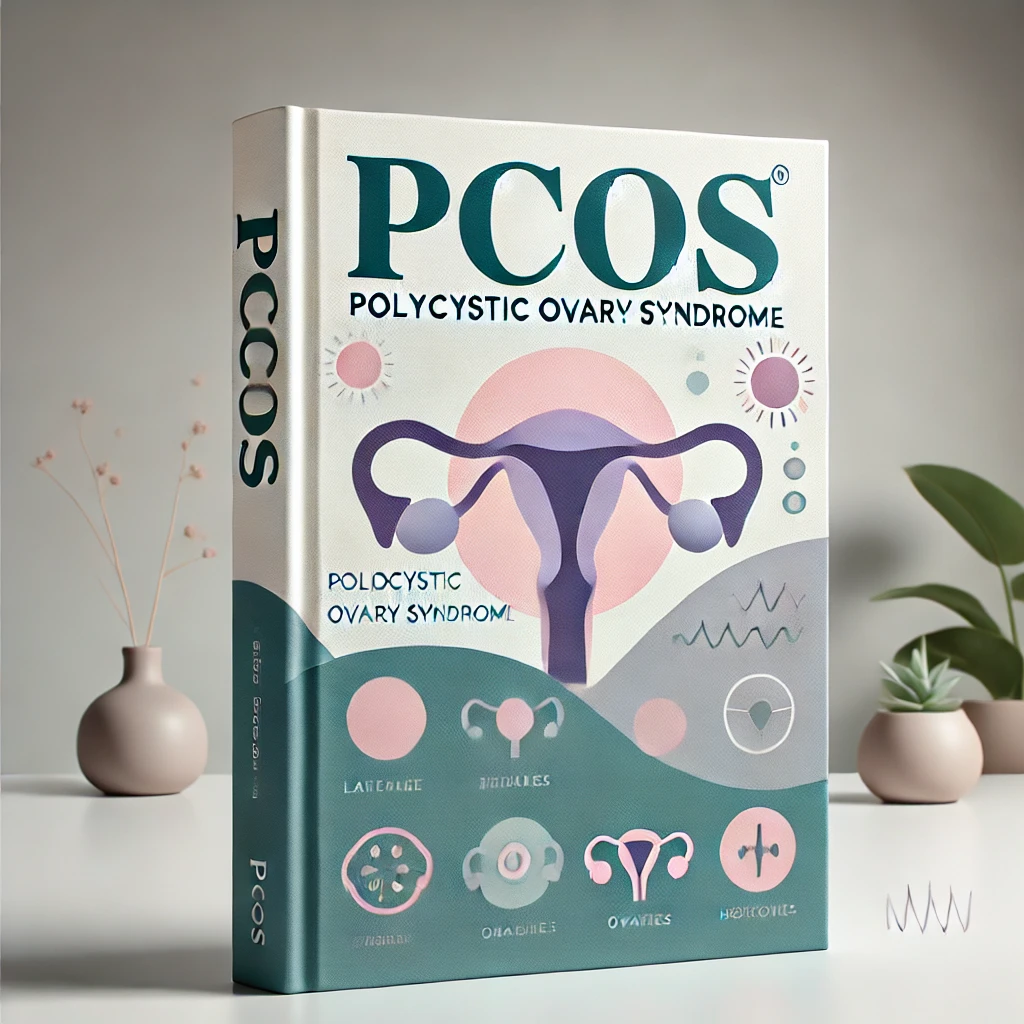PCOS and Functional Medicine: A Root-Cause Approach to Hormone Imbalance and Metabolic Health

PCOS and Functional Medicine: A Root-Cause Approach to Hormone Imbalance and Metabolic Health
If you’ve been diagnosed with PCOS (Polycystic Ovary Syndrome) or suspect you may have it, you’ve likely experienced a range of confusing symptoms—from irregular periods and acne to unexplained weight gain, hair thinning, or infertility. Maybe you’ve even been told that the only solutions are birth control pills or weight loss.
But here’s the truth:
PCOS is not just a reproductive disorder—it’s a full-body metabolic and hormonal imbalance.
In functional medicine, we look beyond the surface diagnosis to uncover the why behind your symptoms. By identifying root causes like insulin resistance, inflammation, gut imbalance, and adrenal stress, we can create a personalized plan to help you rebalance hormones, restore ovulation, and support long-term health.
What Is PCOS?
Polycystic Ovary Syndrome is one of the most common endocrine disorders in women, affecting up to 1 in 10 women of reproductive age. It’s a syndrome, meaning it’s defined by a collection of symptoms rather than one specific lab test or imaging finding.
PCOS is typically diagnosed by the presence of two out of three criteria:
- Irregular or absent ovulation (often seen as long or skipped cycles)
- Elevated androgens (either on labs or visible signs like acne, hair thinning, or hirsutism)
- Polycystic ovaries on ultrasound (though this is not always present)
Many women with PCOS also experience:
- Weight gain or difficulty losing weight
- Insulin resistance or blood sugar instability
- Fertility struggles
- Mood swings, anxiety, or depression
- Fatigue and poor stress tolerance
➡️ Related blog: Menstrual Irregularities and Functional Medicine
The Functional Medicine View of PCOS
While conventional medicine may offer symptom management (like birth control, metformin, or spironolactone), functional medicine asks:
What’s disrupting your hormone communication system, and how can we restore balance from the inside out?
We recognize that PCOS is not just a “hormone” problem—it's a metabolic condition with deep roots in insulin resistance, chronic inflammation, environmental exposures, and gut health.
5 Key Root Causes We Address in PCOS Patients
🔹 1. Insulin Resistance
Insulin is the hormone that helps shuttle glucose into your cells. When your body becomes resistant to insulin, your blood sugar stays elevated—and so do your androgens (like testosterone).
Signs of insulin resistance in PCOS:
- Belly weight gain
- Carb cravings or crashes
- Darkened skin patches (acanthosis)
- Skin tags
- Irregular cycles or anovulation
We use fasting insulin, glucose, and HOMA-IR scores to assess metabolic health, and support with:
- Low-glycemic, anti-inflammatory diet
- Inositol, berberine, chromium, and magnesium
- Blood sugar balancing lifestyle habits
➡️ Related blog: Chronic Fatigue and the Functional Approach
🔹 2. Hormonal Imbalance and Androgen Excess
Women with PCOS often have elevated DHEA, testosterone, or androstenedione, which can contribute to:
- Cystic acne
- Thinning scalp hair
- Excess facial/body hair (hirsutism)
- Irregular ovulation
We run a DUTCH hormone panel to map out your full hormone picture, including adrenal and sex hormones, then tailor support using:
- Herbal androgen modulators (like saw palmetto, spearmint)
- Liver and gut support to aid estrogen clearance
- Nutrients like zinc and B6 to support hormone metabolism
➡️ Related blog: Hot Flashes and Hormone Imbalance
🔹 3. Gut Health and Inflammation
Chronic inflammation and gut dysbiosis are closely tied to PCOS. A compromised gut can lead to:
- Poor hormone detoxification
- Worsened insulin resistance
- Systemic inflammation
- Leaky gut and immune activation
We may order a GI-MAP stool test to evaluate your gut microbiome, then support healing with:
- Probiotics and prebiotics
- Gut-healing nutrients like L-glutamine, collagen, and zinc carnosine
- Anti-inflammatory herbs and polyphenols
➡️ Related blog: The Gut-Immune-Hormone Connection
🔹 4. Adrenal Stress and Cortisol Imbalance
Chronic stress raises cortisol and DHEA levels, which can fuel androgen dominance and disrupt ovulation.
Many women with “lean PCOS” (normal weight) have more adrenal-driven hormone imbalances. We support this with:
- Adaptogens (ashwagandha, rhodiola)
- Nervous system regulation (breathwork, red light therapy, HRV support)
- Prioritizing rest and circadian rhythm alignment
🔹 5. Environmental Toxins
Endocrine-disrupting chemicals like BPA, phthalates, and pesticides can mimic or block hormone receptors and worsen PCOS symptoms.
We help patients:
- Minimize exposures (clean beauty, water, cookware)
- Support detox pathways via the liver, lymph, and gut
- Use binders, sauna, or glutathione when needed
➡️ Related blog: Heavy Metal Toxicity and Functional Medicine
Final Thoughts: You Are Not Defined by PCOS
PCOS is complex, but it is also manageable and reversible when we address the root causes. You don’t need to settle for symptom suppression or feel like your body is working against you.
With the right tools, your body can rebalance, ovulate regularly, and function the way it was designed to.
Ready to Take the First Step?
We offer telehealth consultations and personalized lab testing to help you understand and treat the root causes of your PCOS.
📞 Call 314-842-1441 or schedule your virtual consultation today
🔗 Suggested Internal Links:
- Menstrual Irregularities and Functional Medicine
- The Gut-Immune-Hormone Connection
- Hot Flashes and Hormone Imbalance
- Chronic Fatigue and the Functional Approach
- Telehealth Functional Medicine Services